Ethical Implications of Self-Driving Cars: Case Study and Discussion
VerifiedAdded on 2022/09/28
|9
|592
|34
Report
AI Summary
This report delves into the ethical considerations surrounding self-driving cars, focusing on the responsibilities of software developers and vehicle manufacturers. It begins with a case study highlighting the potential for accidents and the resulting ethical dilemmas. The report then explores the legal and ethical liabilities of manufacturers, emphasizing the need for robust testing and safety protocols. The discussion considers the potential benefits of self-driving cars, such as reduced accidents, while also acknowledging potential drawbacks and societal implications. The report concludes by summarizing the importance of ethical decision-making in the development and deployment of autonomous vehicles, referencing key research and literature on the topic. It underscores the need to consider social, economic, and engineering factors to ensure the safe and responsible integration of self-driving cars into society.
1 out of 9
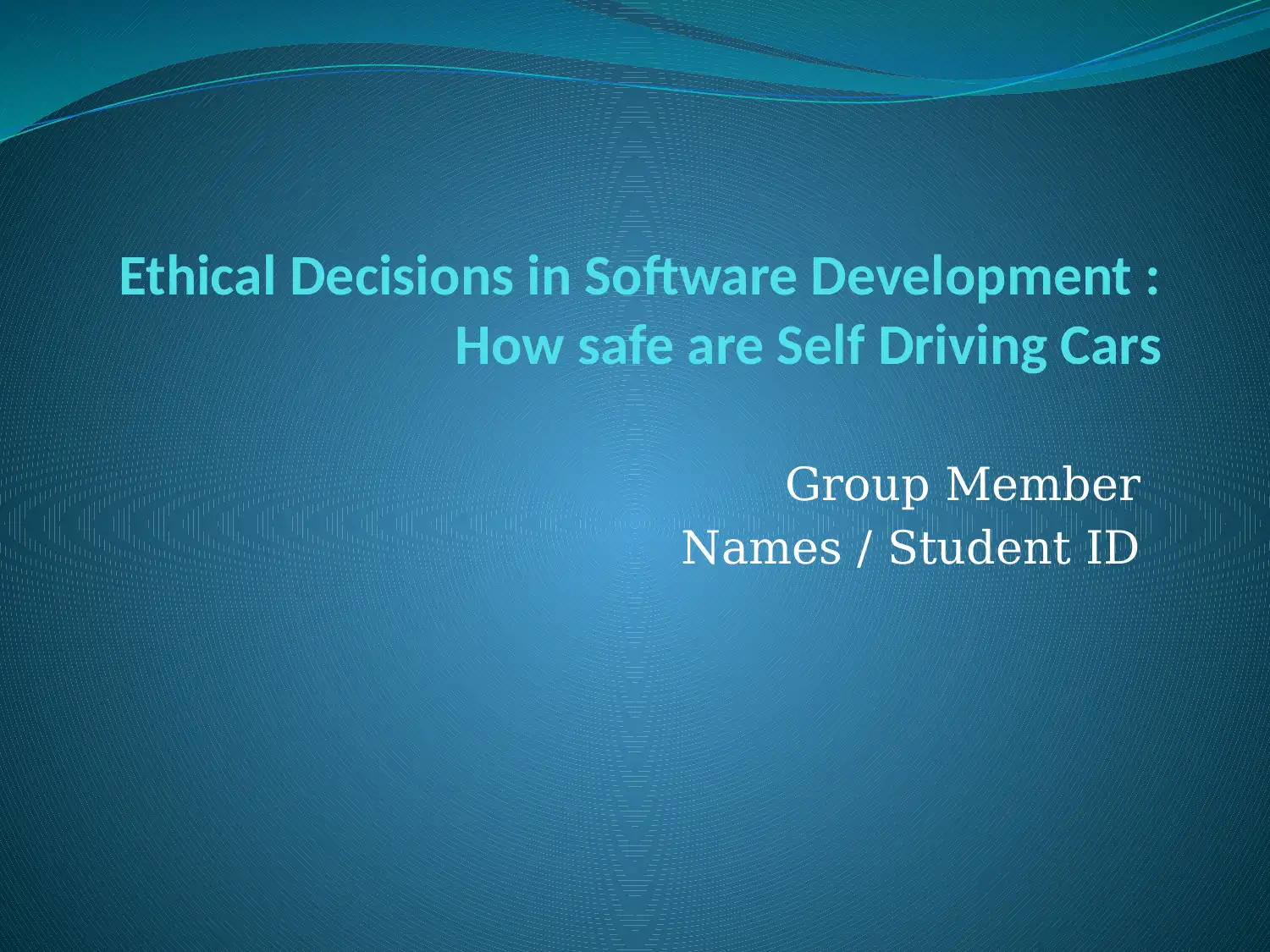

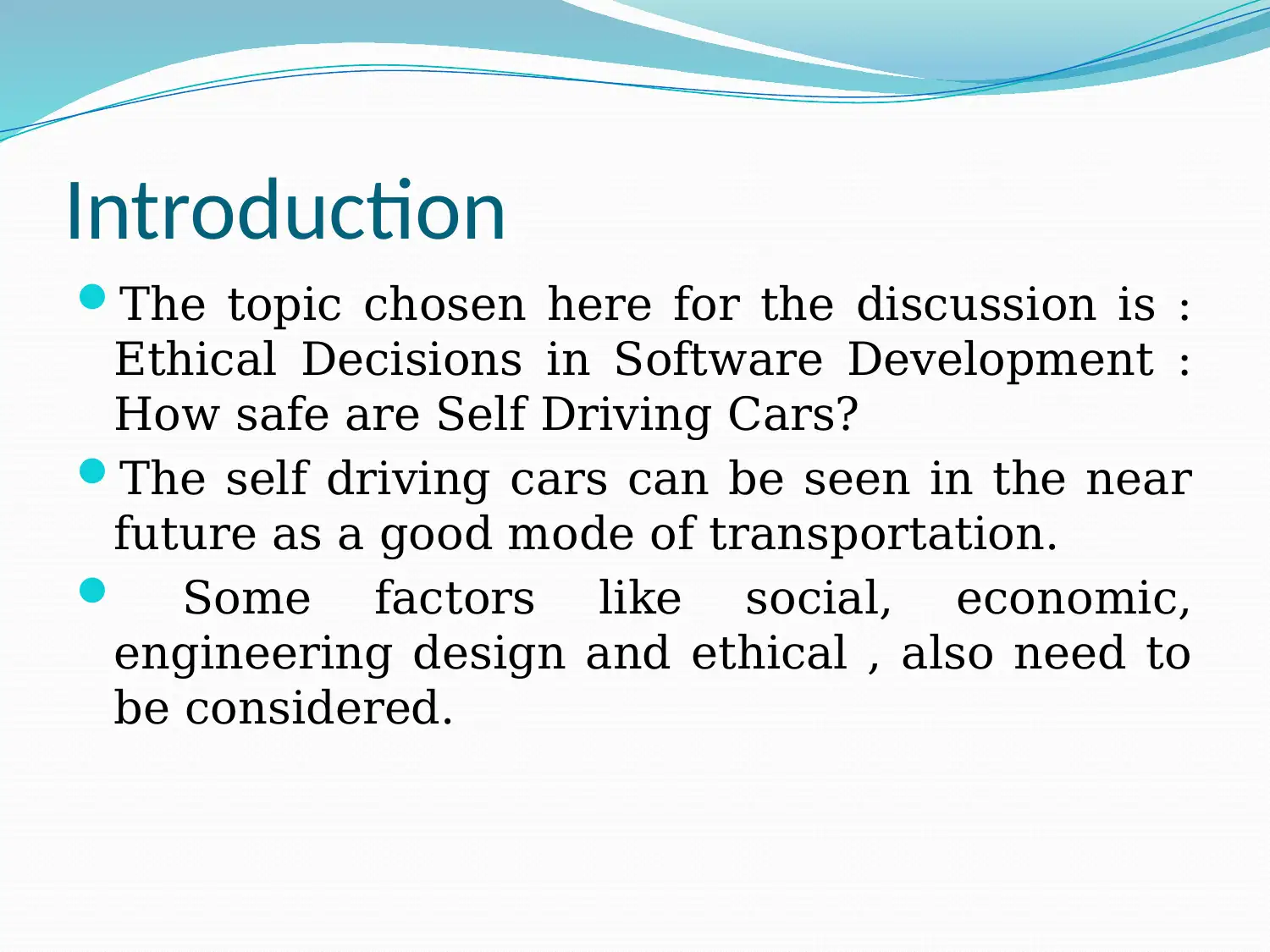

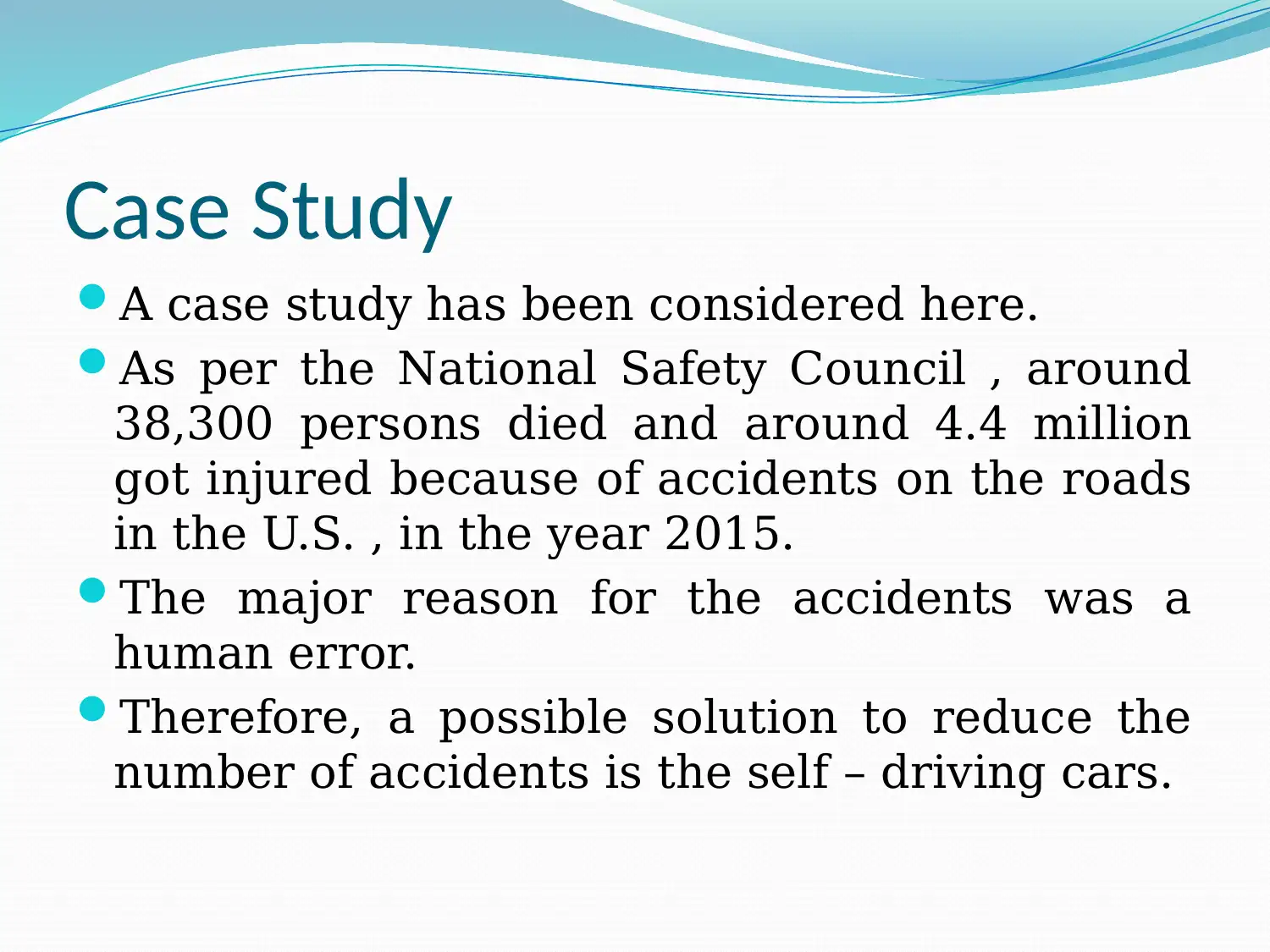
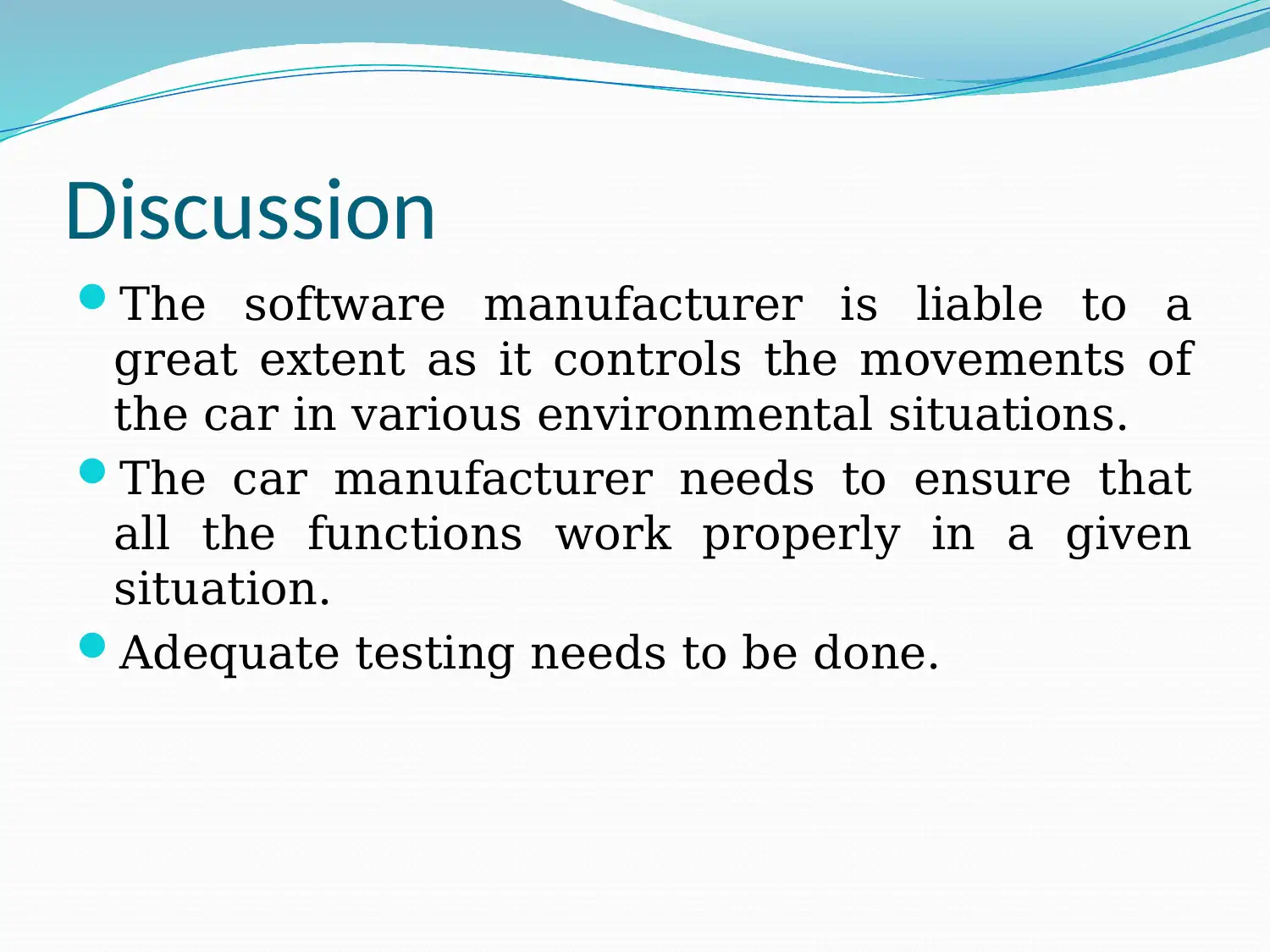
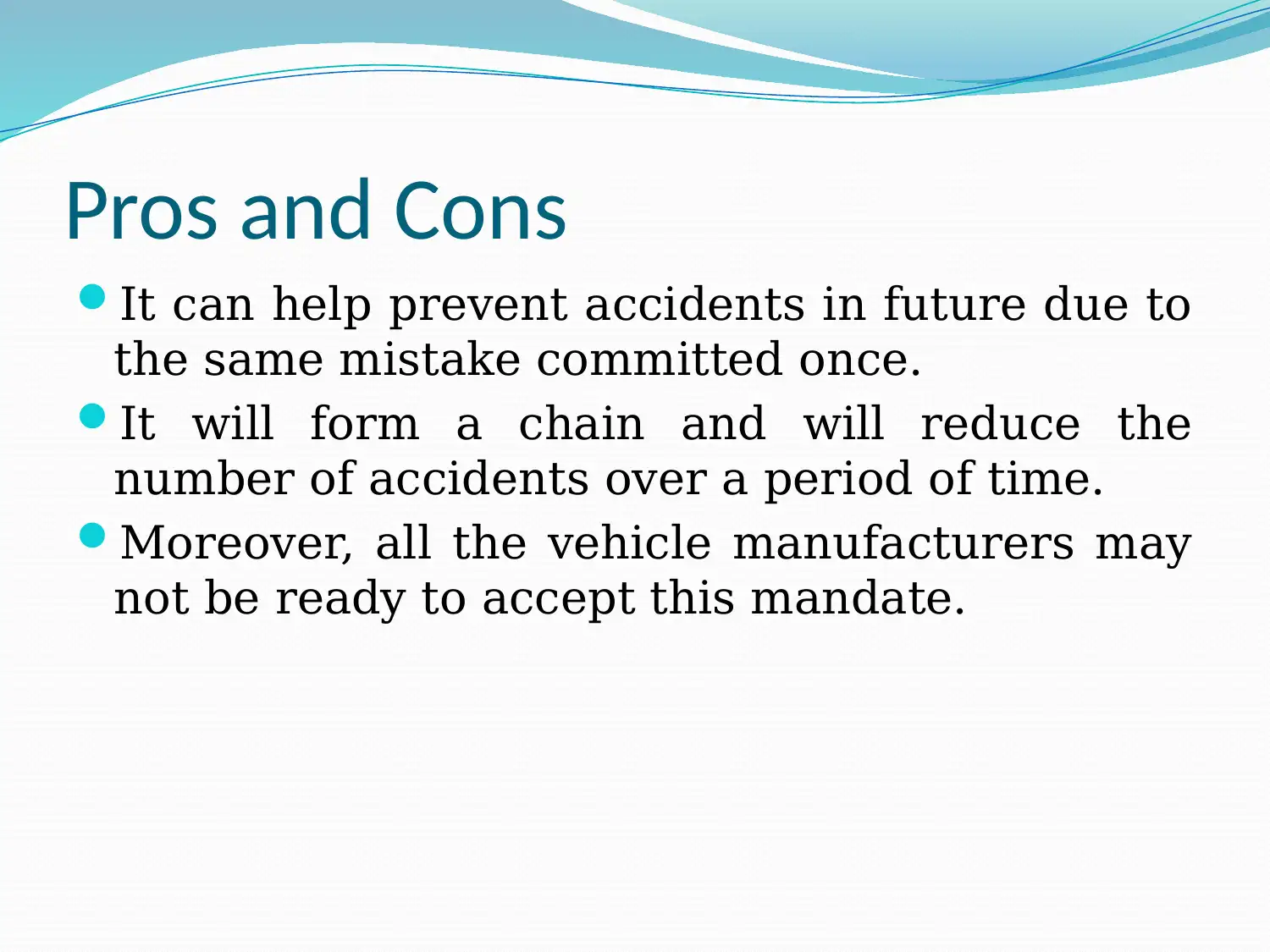
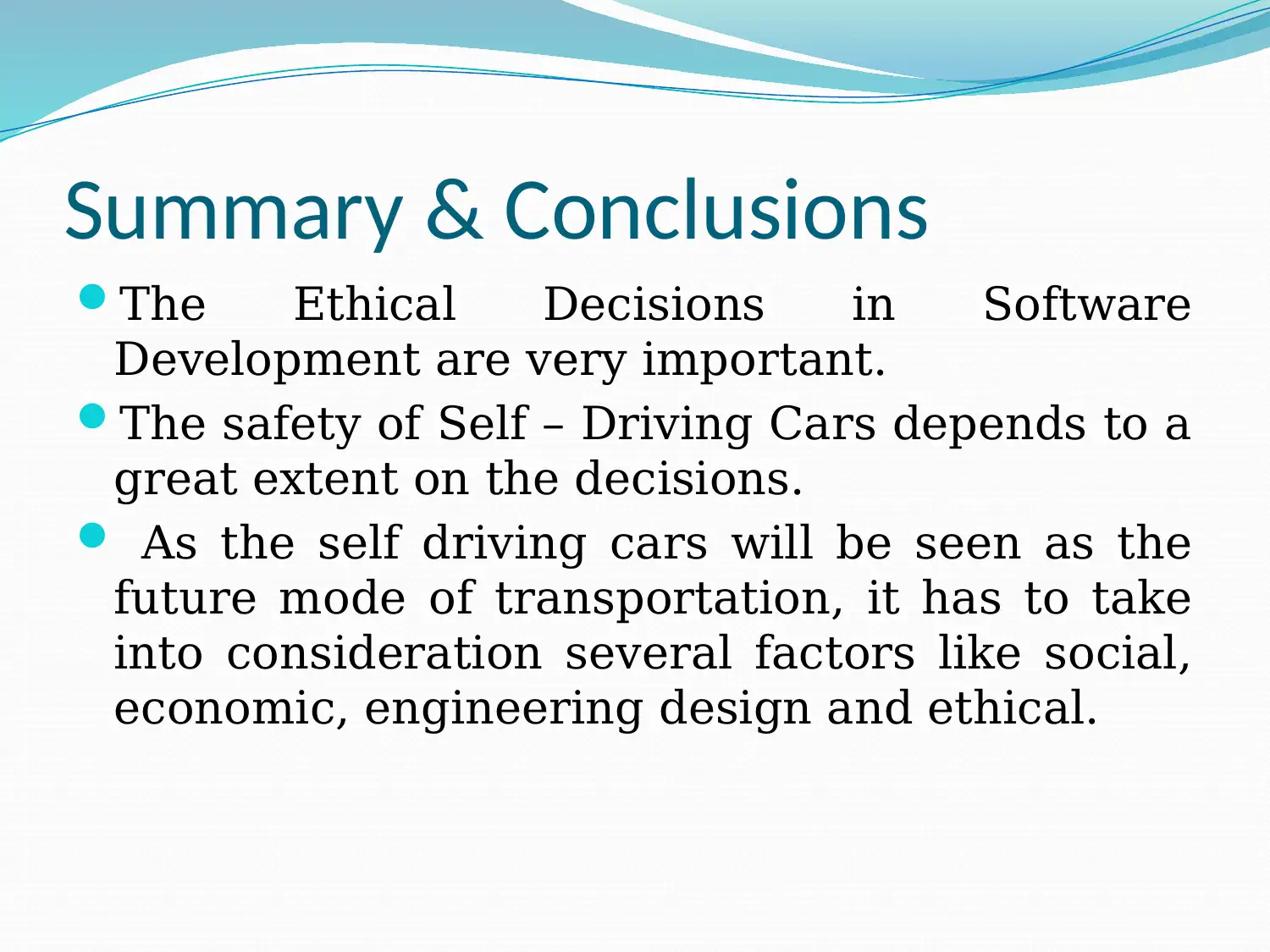
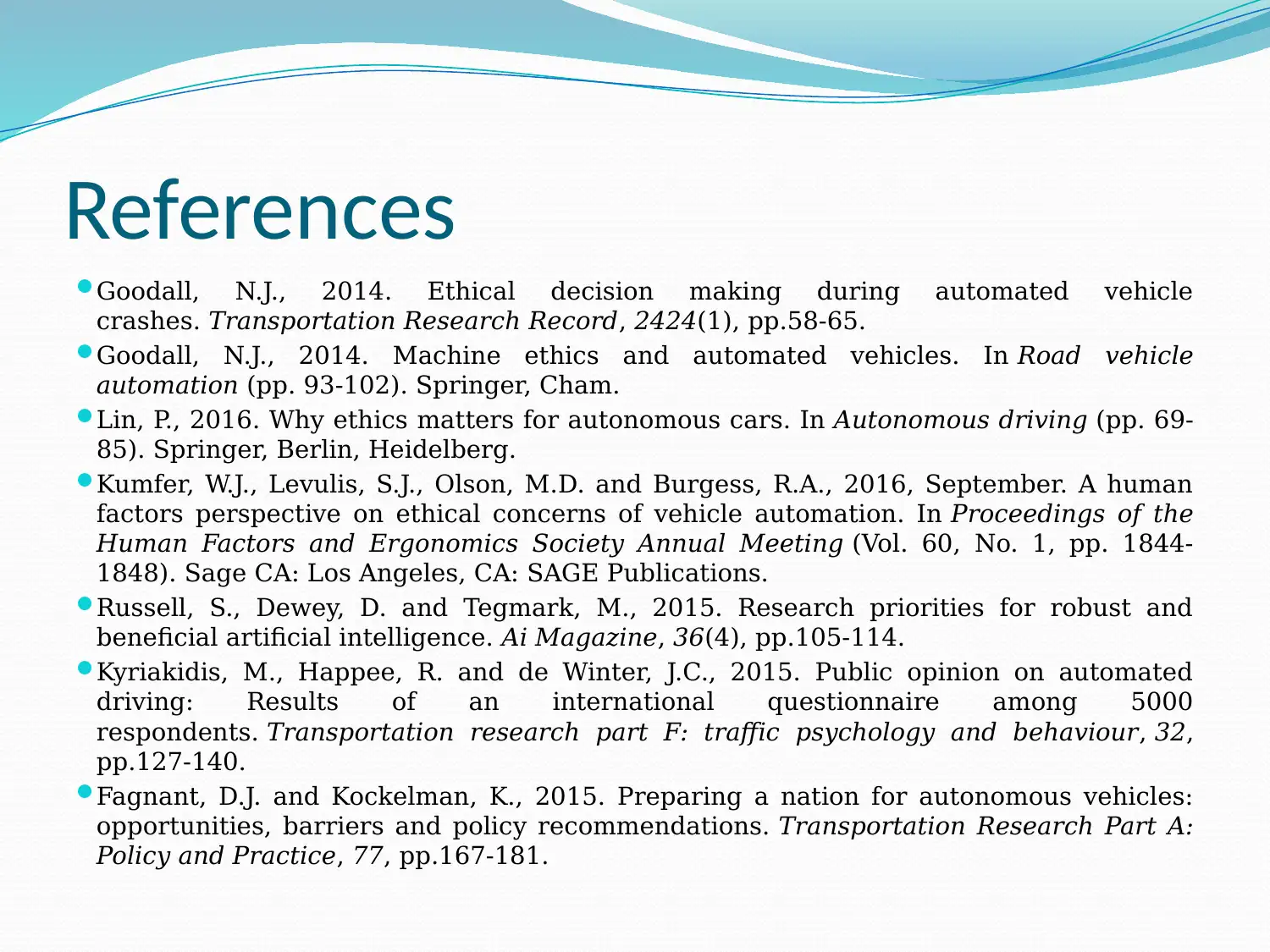







![[object Object]](/_next/static/media/star-bottom.7253800d.svg)